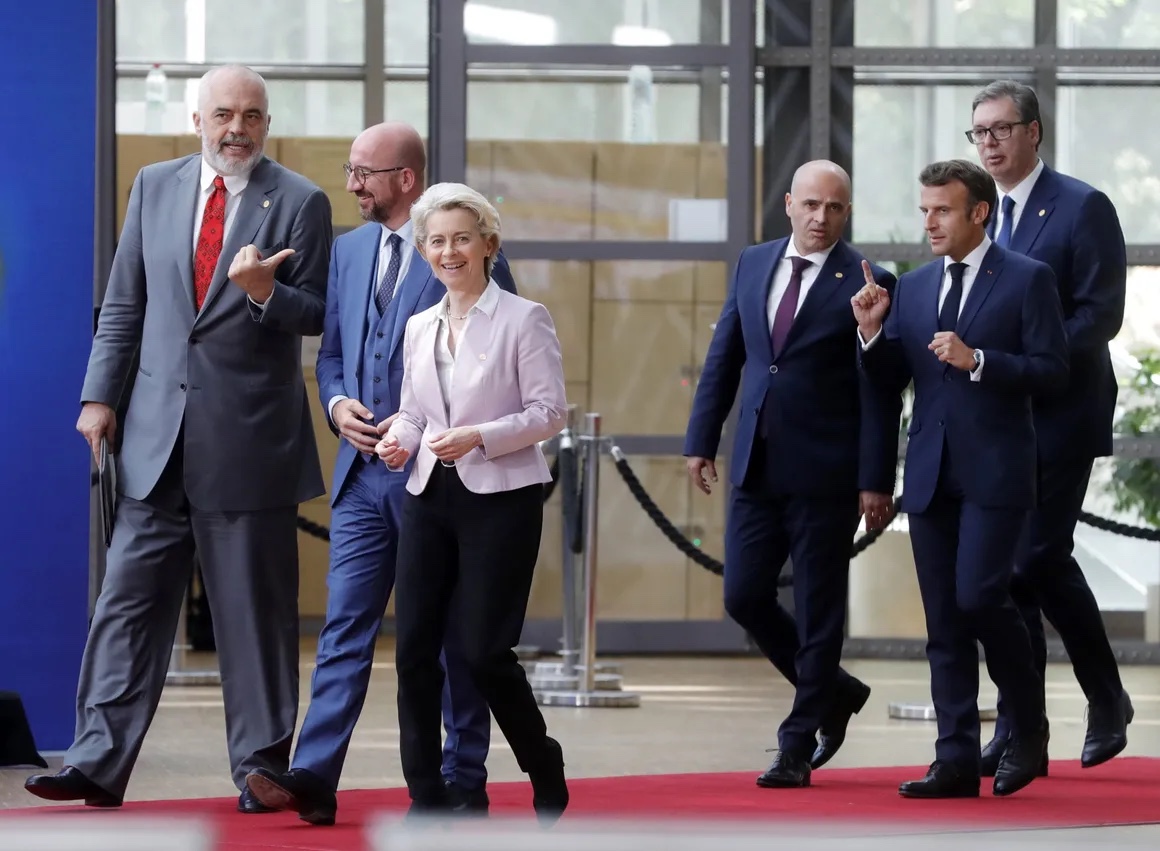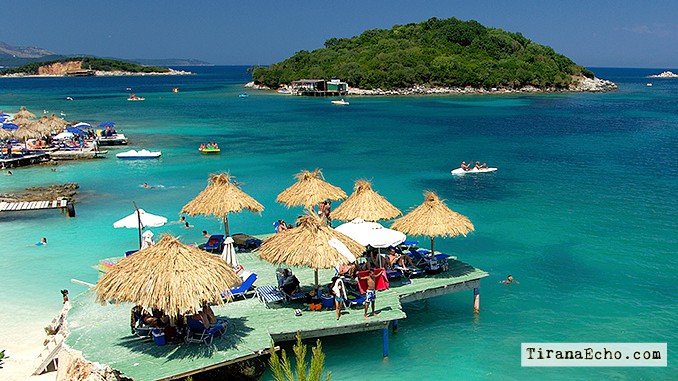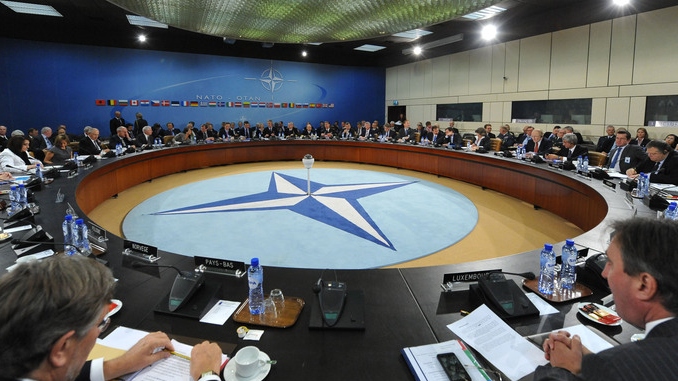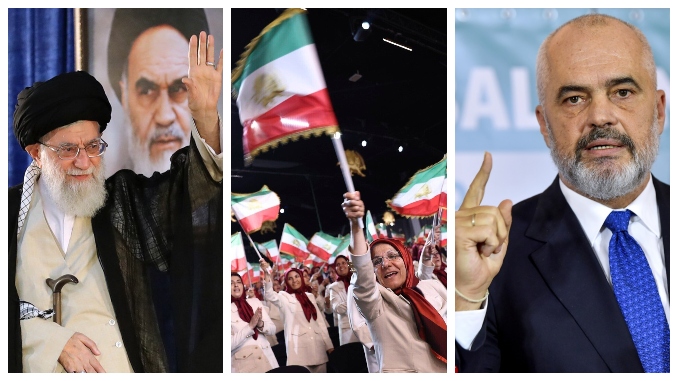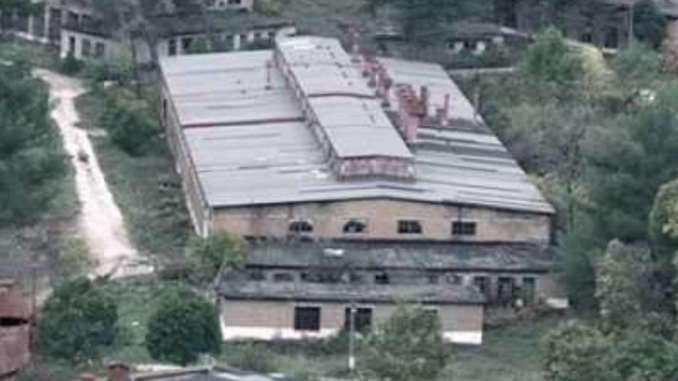EU Council to talk on ‘fragile’ Balkans amid growing failures in the region
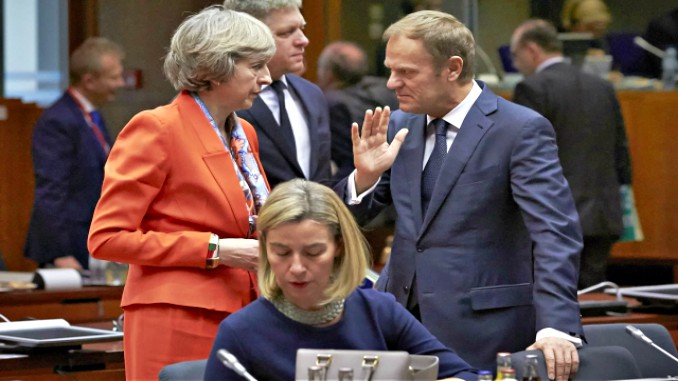
Brussels | Tirana Echo – The heads of EU member states meeting today in Brussels will have to deal with the fragile situation in the Balkans as the top EU diplomat returns from the region empty handed.
The high level meeting comes days after EU High Representative Federica Mogherini returned from a trip to the Western Balkans countries where she failed to calm down rising tensions in Macedonia, Albania, Montenegro, Kosovo, Bosnia and Serbia.
Several commentators have openly labelled Mogherini’s visit as a failure increasing concerns that the EU does not know how to deal with its troublesome southern region anymore.
Miroslav Lajčák Minister of Foreign Affairs of Slovakia and a deep insider of the region, stated that he thinks “the High Representative returned from her Balkan trip frustrated,” and that “the EU is becoming less serious when it comes to enlargement … now we have two countries that are about to collapse, and three that are in deep political crisis.”
“The EU is becoming a less and less serious interlocutor when it comes to enlargement. We left the Western Balkans by word and deed and now we see the consequences. We have two states about to break up and three are in a deep political crisis. And the reason is that the EU hasn’t fulfilled its leadership role, as a party in the dialogue which should offer those countries prospects“, Lajcak said.
Earlier on, former UK Minister for Europe Denis MacShane wrote that “Europe’s foreign policy supremo, Federica Mogherini, is off on a mission even more difficult than getting Iran and the US to agree their nuclear deal.”
On Monday, before the meeting of EU Foreign Affairs Council in Brussels, Mogherini had to admit the current situation in the Western Balkans is not good.
“Some internal, domestic politics dynamics that create tensions in some countries; some regional inter-ethnic tensions or between or among countries that are extremely dangerous because they could bring the region back a few years. Peace is never to be given for granted. And also I have seen a region exposed to some global tensions. The Balkans can easily become one of the chessboards where the big power game can be played.” – said Mogherini.
On the other hand, she added that she is “full of optimism and hope because whenever you meet the students, the citizens, civil society, but also so many political and social forces in all the region, you see the enormous support and trust in the European Union. You see the desire to enter the Union.”
However, as the European Union prepares to deal with the departure of one of its most important members the UK and with deepening West-East and North-South divisions, the appetite for more union enlargement is at all times low.
The EU mission to integrate the Balkans becomes even more difficult by rising internal political tensions in each Balkan country.
Montenegro barely escaped a Russian backed coalition take over its government, Kosovo is in a limbo over its visa free regime with the EU and a, unresovled border deal with Montenegro, Albania is going through a parliamentary boycott by its opposition and deadlocked on its reform of the justice system while Macedonia has been landlocked in a constitutional crisis without a government since last December, moving towards an inter-ethnic conflict.
Meanwhile Bosnia’s progress is blocked by its pro-Russian Republika Serbska leaders and Serbia itself has openly declared that it wants to maintain close relations with both Russia and the EU.
This year will be marked by difficult elections in the Netherlands, France and Germany, whose political elites are not too keen to talk about enlargement and the Balkans to an increasingly xenophobic and frightened European electorate.
Ahead of today’s crucial meeting, Donald Tusk, whose own reappointment as head of the European Council is currently objected to by its own home right wing government in Poland, sent a letter to the members of the European Council saying that the situation in the Western Balkans is fragile but the EU will remain engaged.
“Over dinner, we will review the situation in the Western Balkans, which is fragile. Several of you requested this discussion at our last meeting, given growing concern over recent developments. The EU will remain engaged in the Western Balkans and stand by its commitments. During dinner, we will also look at how to sustain the momentum behind our common objective of reinforcing Europe’s security and defence,” said Tusk in his letter.
Copyright ©2017 TiranaEcho.com – All Rights Reserved

